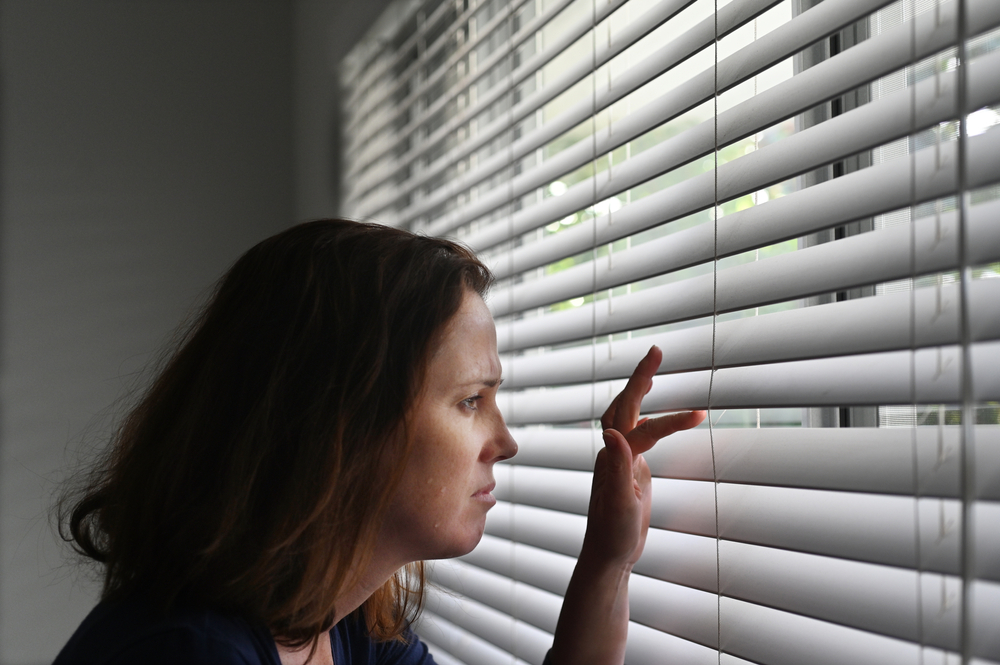Agoraphobia is an anxiety disorder characterized by panic when confronted with a situation that makes you feel trapped. To demonstrate, you fear using an elevator since you would be in a confined space with other people. For some, this escalates until they can no longer function in day-to-day life.
The Mayo Clinic notes a commonality shared by many classified with this anxiety disorder is the occurrence of panic attacks. And this is one of many symptoms someone can encounter.
Symptoms of Agoraphobia
People experiencing this condition have feelings of fear associated with being in public places with many people, leaving their homes, or being confined in tight spaces (like when riding public transit). Just the mention of these everyday activities can present the person with feelings of extreme anxiety – to the point where they have exaggerated fears of the actual dangers of their situation. In some cases, it leads people to avoid all activities that cause these fears, resulting in isolation. In others, the person might suffer a panic attack.
Symptoms of panic attacks include:
- A rapid heartbeat
- The person might feel like they’re choking or have trouble breathing
- An onset of chest pressure or pain
- Excessive sweating
- Upset stomach
- The feeling of not being in control
- Dizziness or nausea
Isolation Might Create Addictive Behaviors
Unless the person receives treatment immediately upon discovering this anxiety disorder, they might detach from others. It is common for some to retreat from social activities and stay at home. The Mayo Clinic reports some might never leave home for years at a time because they’re too afraid to face situations that trigger fear. Because of this isolation, it can allow these justifications to become habitual. It results in the person becoming addicted to avoiding scenarios that cause even the slightest fear.
Treatment Options
If you’re experiencing fear of being in these situations listed above or have some of the symptoms listed, it is wise to consult with your doctor. Treatment can involve a referral to a therapist, who might conduct psychotherapy. It is where you learn coping techniques when feelings of anxiety arise. You also work with them to discover the root causes of your fear and ways to challenge them. Other treatment options include antidepressants or anti-anxiety medicine.
How To Receive Help for Agoraphobia
Agoraphobia can restrict where you go, who you visit, and whether you leave the house. Contact us at the Hemet Valley Recovery Center & Sage Retreat to learn if one of our programs is right for you. We offer comprehensive mental health programming that meets you where you are.


